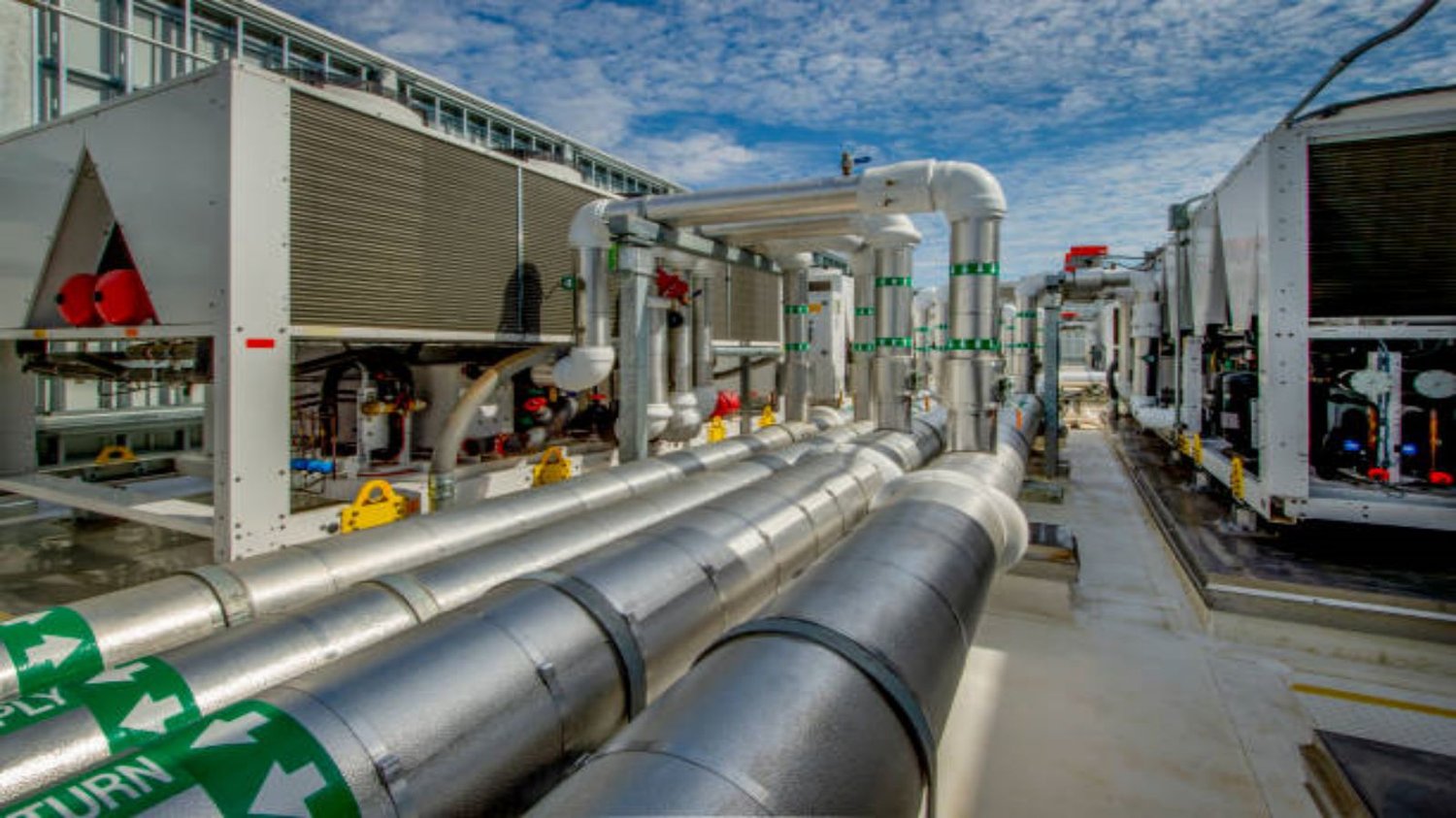Introduction
When it comes to chiller systems, understanding the different types of chiller compressors is crucial. The chiller compressor is the heart of the system, responsible for the circulation and cooling of the refrigerant. In this article, we will explore the various chiller compressor types, their functionalities, and the benefits they offer. Whether you are looking to install a new chiller or upgrade an existing one, this comprehensive guide will provide you with the knowledge you need to make an informed decision.
Reciprocating Compressors
Reciprocating compressors are one of the oldest and most common types of chiller compressors. They work by using a piston and cylinder arrangement to compress the refrigerant. These compressors are known for their reliable performance and wide range of applications. They are particularly suitable for small to medium-sized chillers and are often used in commercial and industrial settings.
Screw Compressors
Screw compressors are another popular type of chiller compressor. They operate using two interlocking screws that rotate to compress the refrigerant. These compressors are known for their high efficiency and low maintenance requirements. They are often used in larger chillers and are suitable for both air-cooled and water-cooled systems.
Centrifugal Compressors
Centrifugal compressors are commonly used in larger chiller systems and industrial applications. They use centrifugal force to compress the refrigerant, making them highly efficient and capable of handling large cooling loads. These compressors are known for their quiet operation and minimal vibration. They are often used in HVAC systems for large buildings, such as hospitals and office complexes.
Scroll Compressors
Scroll compressors are compact and reliable chiller compressors that are commonly used in residential and light commercial applications. They operate using two spiral-shaped scrolls that interlock to compress the refrigerant. These compressors are known for their quiet operation and high energy efficiency. They are often used in air conditioning units and heat pumps.
Absorption Compressors
Absorption compressors are a unique type of chiller compressor that use a different mechanism compared to other compressor types. Instead of relying on mechanical compression, absorption compressors use a heat source, such as steam or hot water, to generate pressure. These compressors are known for their low energy consumption and environmentally friendly operation. They are often used in applications where waste heat or renewable energy sources are available.
Multi-Stage Compressors
Multi-stage compressors are designed to handle high-pressure applications. They consist of multiple compression stages, each with its own set of cylinders and pistons. These compressors are known for their ability to deliver high pressure ratios and are often used in industrial processes that require compressed air or gas. In chiller systems, multi-stage compressors are used to achieve lower temperatures and greater cooling capacity.
Scroll vs. Reciprocating: A Comparison
When choosing between scroll and reciprocating compressors, it's important to consider factors such as efficiency, noise level, and maintenance requirements. Scroll compressors are generally more energy-efficient and quieter than reciprocating compressors. They also have fewer moving parts, resulting in lower maintenance needs. However, reciprocating compressors are often more cost-effective for smaller applications and offer a wider operating range.
Screw vs. Centrifugal: Which is Right for You?
Choosing between screw and centrifugal compressors depends on factors such as cooling load, efficiency requirements, and space availability. Screw compressors are more suitable for medium to large cooling loads and offer high efficiency and reliability. On the other hand, centrifugal compressors are ideal for large cooling loads and provide excellent energy efficiency. They also have a smaller footprint, making them suitable for applications with limited space.
Conclusion
Understanding the different types of chiller compressors is essential for selecting the right system for your needs. Whether you require a compact and efficient solution for residential cooling or a high-capacity compressor for industrial applications, there is a chiller compressor type that will meet your requirements. Consider the factors discussed in this guide, such as efficiency, noise level, maintenance needs, and cooling capacity, to make an informed decision. By choosing the right chiller compressor type, you can ensure optimal performance, energy efficiency, and longevity for your chiller system.
